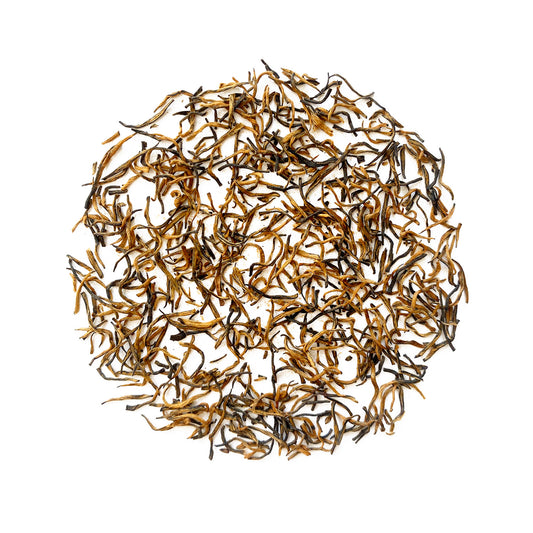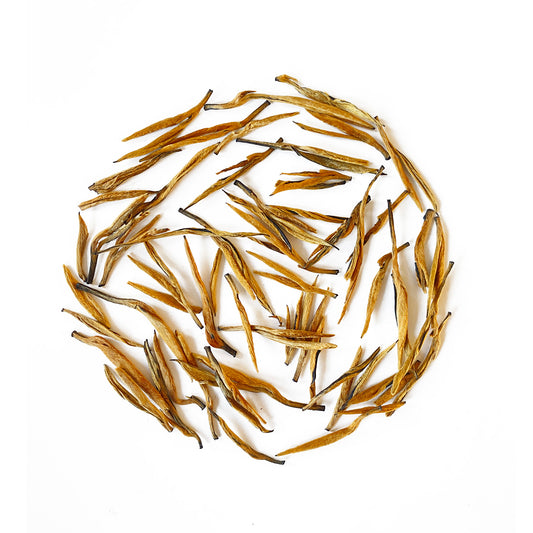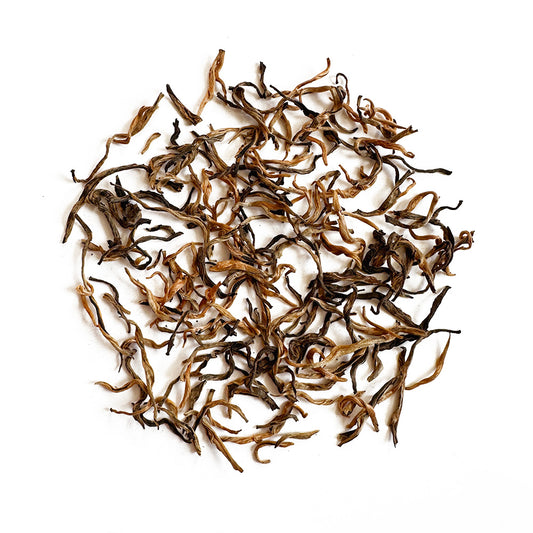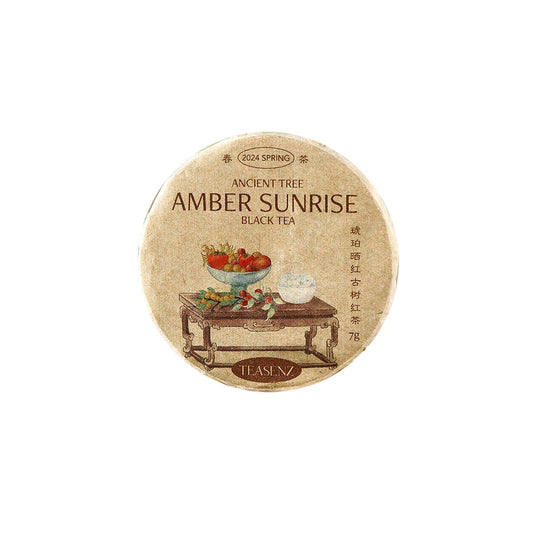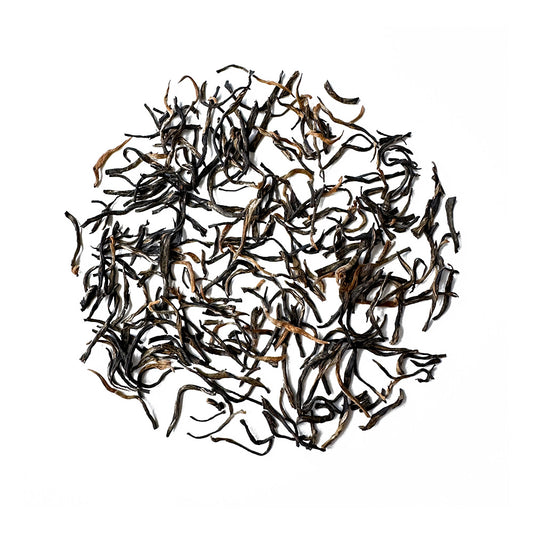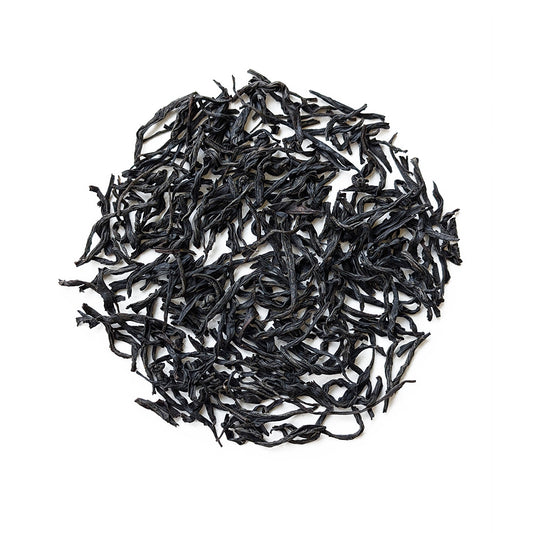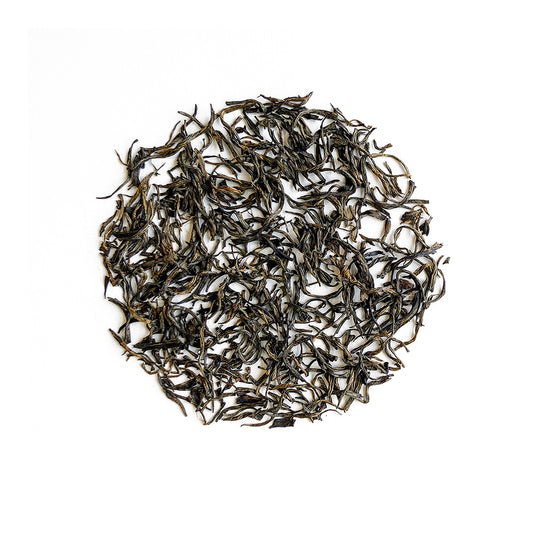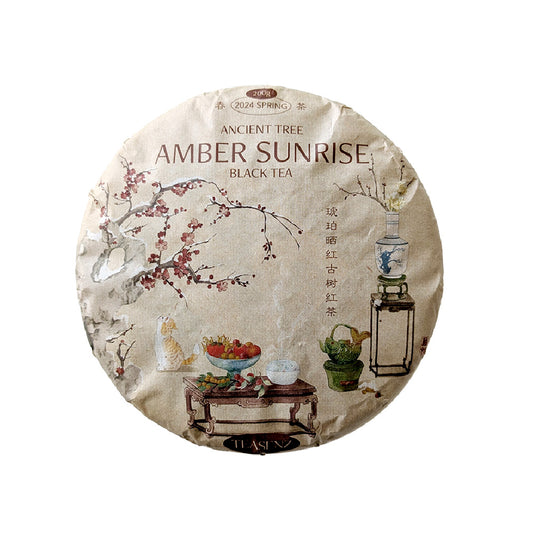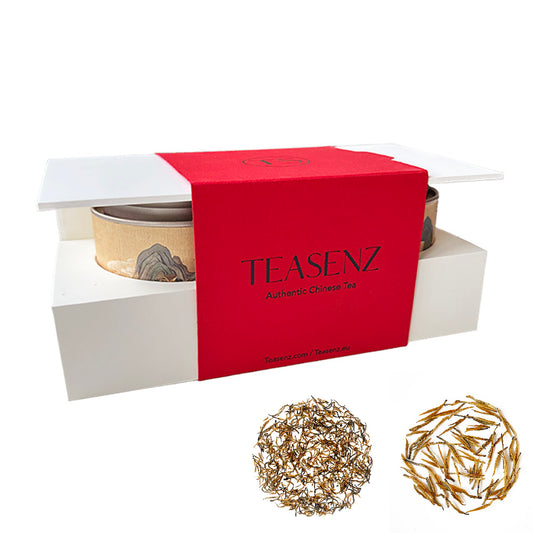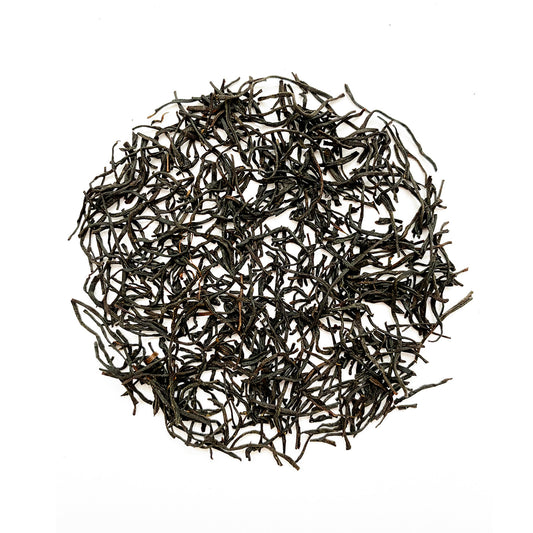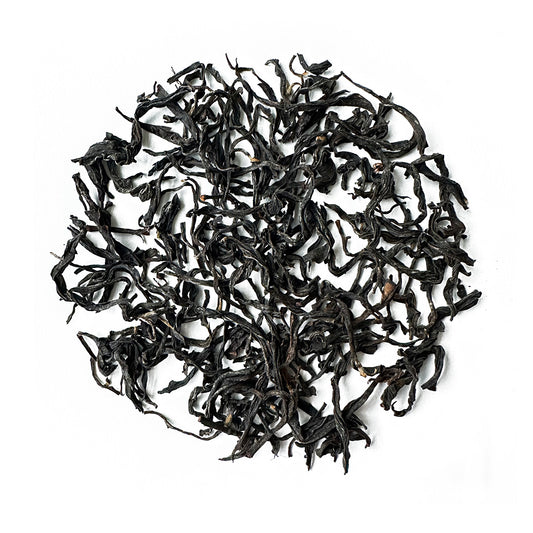Collection: Black Tea
-
Jin Jun Mei Black Tea
Regular price €13,95 EURRegular priceUnit price / per -
Yunnan Gold (Dian Hong) Black Tea
Regular price €13,50 EURRegular priceUnit price / per -
Yingde Black Tea - Ying Hong #9
Regular price €170,00 EURRegular priceUnit price / per -
2024 Amber Sunrise Sun-Dried Black Tea, Mini Cakes 7g
Regular price €12,50 EURRegular priceUnit price / per -
Lichuan Gongfu Black Tea (Lichuan Hong)
Regular price €9,95 EURRegular priceUnit price / per -
Jin Mu Dan, Golden Peony Wild Tree Black Tea
Regular price €9,95 EURRegular priceUnit price / per -
Qi Lan (Miracle Orchid) Black Tea
Regular price €9,95 EURRegular priceUnit price / per -
Hei Mei Ren (Black Beauty) Black Tea
Regular price €9,95 EURRegular priceUnit price / per -
2024 Amber Sunrise Sun-Dried Black Tea Cake 200g
Regular price €39,95 EURRegular priceUnit price / per -
Teasenz Black Tea Gift Box
Regular price €42,95 EURRegular priceUnit price / per -
Lapsang Souchong (Zhengshan Xiaozhong) Black Tea
Regular price €10,95 EURRegular priceUnit price / per -
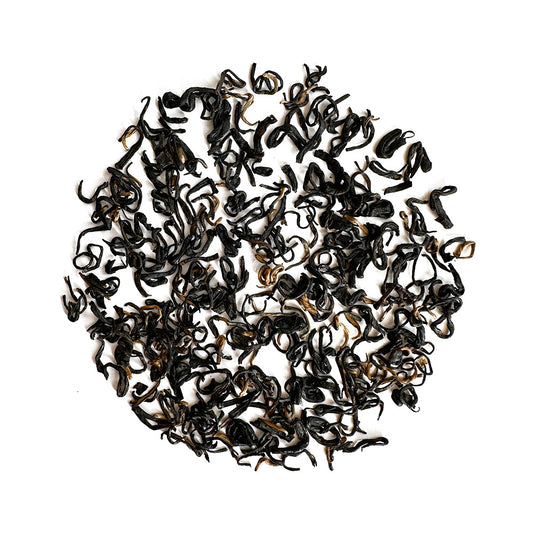 Sold out
Sold outKeemun Black (Qi Men Hong) Black Tea
Regular price €10,95 EURRegular priceUnit price / per -
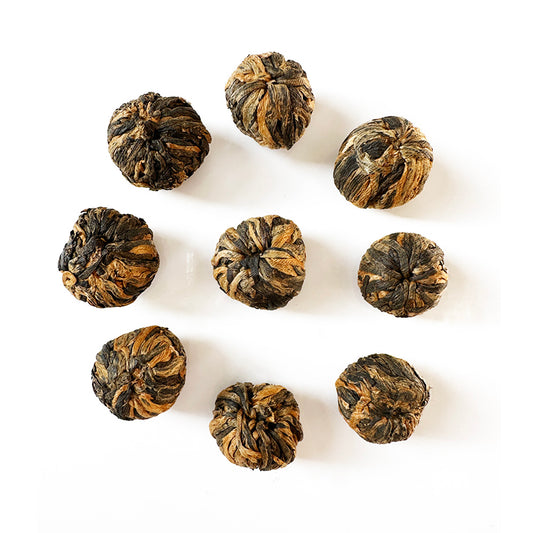 Sold out
Sold outRed Dragon Pearls - Black Tea Pearls
Regular price €11,95 EURRegular priceUnit price / per -
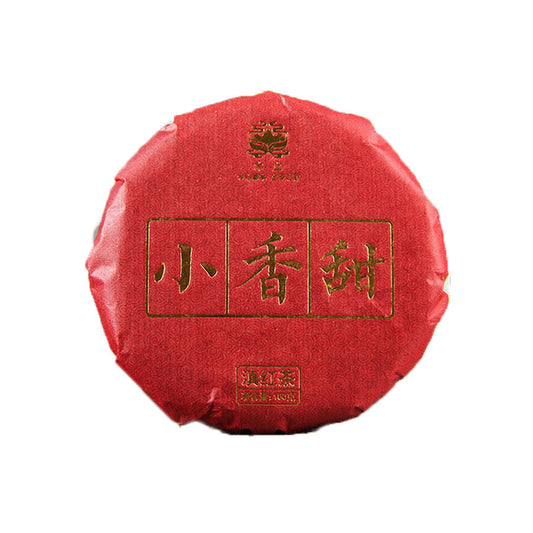 Sold out
Sold outSun-dried Dian Hong Black Tea Cake
Regular price €10,95 EURRegular priceUnit price / per -
Huang Mei Gui (Yellow Rose) Lapsang Souchong
Regular price €9,95 EURRegular priceUnit price / per -
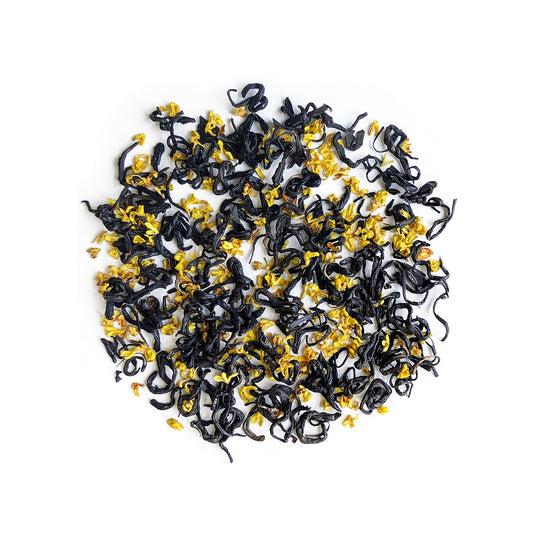 Sold out
Sold outOsmanthus Black Tea with Flowers
Regular price €9,95 EURRegular priceUnit price / per
Do you have questions about Black Tea?
Black Tea 101
What is Black Tea
For the production of black tea, the tea leaves undergo an intensive oxidation process, affecting the color and flavour of the tea. As a result, black tea is darker and has a more robust aroma compared to green tea.
Chinese black teas from Fujian are mostly made from the small leaf cultivar (e.g. Lapsang Souchong) while black teas from Yunnan usually are made from the large leaf varietal (e.g. Dian Hong). Well-known regions in China that produce black tea include Qimen country, Wuyi mountains, and Yunnan province.
What are the benefits of Black Tea
Research shows that consumption of black tea may improve alertness, lower cholesterol levels, and reduces the risk of mortality by heart diseases. For example, an important NIH study followed 498,043 tea drinkers in the UK about 11 years and found that drinking two or more cups of black tea per day was associated with a 9% to 13% lower risk of death from any cause, cardiovascular disease, ischemic heart disease, and stroke. The study also found that the benefits of black tea were independent of tea temperature, milk or sugar addition, and genetic variations in caffeine metabolism.
Another study followed 74,961 Swedish adults for 10.2 years and found that drinking four or more cups of black tea per day was associated with a 21% lower risk of stroke compared with drinking less than one cup per day.
In a study published in the Journal of Nutrition in 2003, researchers assigned 47 mildly hypercholesterolemic adults to drink either five cups of black tea or a placebo beverage per day for three weeks. The study found that black tea consumption significantly reduced total and LDL cholesterol levels by 6.5% and 11.1%, respectively, compared with the placebo.
At last, a study from 2011 published by Elsevier, shows that black tea improves self alertness. This study randomly assigned 95 healthy young adults to drink either two cups of black tea or a placebo drink per day for six weeks. The study found that black tea consumption improved attention and self-reported alertness, as measured by cognitive tests and questionnaires. The study also found that black tea consumption reduced cortisol levels, a stress hormone, in the morning.
Black Tea & caffeine
The caffeine content of black tea depends on several factors, such as the type and quality of the tea leaves, the amount of tea used, the water temperature, and the steeping time. Generally, the more tea leaves you use and the longer you steep them, the more caffeine you will get in your cup. It’s therefore hard to give an exact number. For your reference, a cup of black tea may contain anywhere from 14 to 70 mg of caffeine.
Where to buy Black Tea
There are many places where you can buy black tea online, depending on your preferences. For regular tea bags you may visit your local grocery store, while for loose tea, you may visit a physical or online specialty store. There are also global online stores specialised in black teas from a specific country. For example, we (Teasenz) are specialised only in Chinese black teas.
Other FAQ about Black Tea
How to brew chinese black tea
There are different ways to steep black tea such as the western method and traditional Chinese method. For specific instructions for each black tea, we recommend you to visit the individual tea pages above.
How to say black tea in chinese
Hong cha (red tea)
Why is black tea called red tea in Chinese
The term ‘red tea’ refers to the reddish colour of the tea liquor of black tea.

